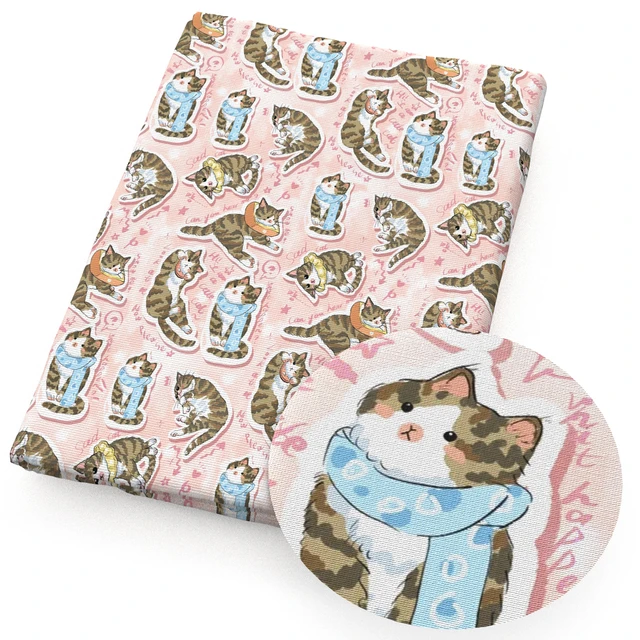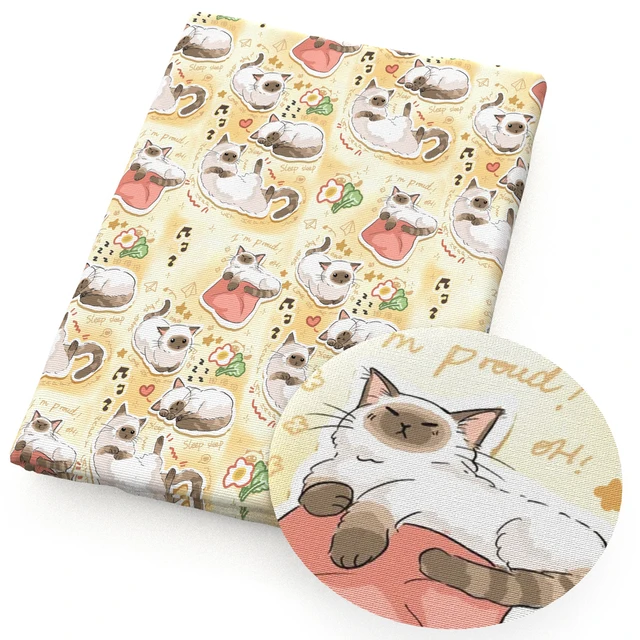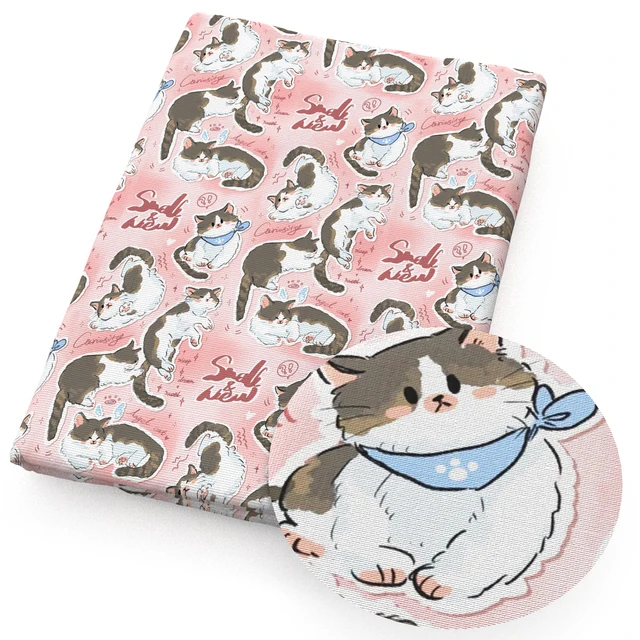When it comes to choosing the right fabric for clothing, upholstery, or other household items, two of the most commonly considered options are polyester and cotton. Both fabrics have unique properties that make them suitable for different purposes, and the choice between them often depends on specific needs and preferences. In this comprehensive guide, we will delve into the intricacies of both polyester and cotton fabrics, comparing their characteristics, benefits, and drawbacks to help you decide which is better for you.
Understanding Polyester Fabric
Polyester is a synthetic fiber derived from petrochemicals, primarily petroleum. It emerged in the mid-20th century and quickly became popular due to its durability and diverse applications. Polyester fibers are known for their strength, resilience, and resistance to shrinking and wrinkling. Today, polyester is used in a wide range of products, from clothing and home textiles to industrial applications.

Properties of Polyester
One of the key attributes of polyester is its durability. Polyester fabrics can withstand significant wear and tear, making them ideal for activewear, outdoor gear, and upholstery. Additionally, polyester is quick-drying and moisture-wicking, which is why it’s often used in performance and athletic apparel. The material is also resistant to mildew and mold, adding to its versatility.
Another notable feature of polyester is its low maintenance. Polyester garments and textiles don’t require special care and can be machine washed and dried without the risk of shrinking or losing shape. This makes polyester a convenient choice for busy individuals who prefer easy-to-care-for fabrics.
Environmental Impact
However, the production and disposal of polyester raise some environmental concerns. As a petroleum-based product, polyester manufacturing contributes to non-renewable resource depletion and carbon emissions. Additionally, polyester is not biodegradable, which means it can persist in the environment for many years, contributing to pollution.
Exploring Cotton Fabric
Cotton is a natural fiber derived from the seeds of the cotton plant. It’s one of the oldest fibers used by humans and remains a popular choice for various textiles due to its softness, breathability, and versatility. Cotton’s natural origin and hypoallergenic properties make it a favorite among consumers who prioritize comfort and environmental sustainability.
Properties of Cotton
The most cherished quality of cotton is its comfort. Cotton fabrics are soft, breathable, and gentle on the skin, making them ideal for everyday clothing, bedding, and baby garments. Cotton also has excellent moisture absorption capabilities, allowing it to keep the wearer cool and dry in hot weather. Unlike polyester, cotton doesn’t trap heat, which makes it a better option for warm climates.
Cotton is also hypoallergenic, making it a suitable choice for individuals with sensitive skin or allergies. It’s less likely to cause irritation or rashes compared to synthetic fabrics. Moreover, cotton is a versatile material that can be woven into various textures and weights, offering a wide range of options for different applications.
Environmental Impact
Cotton is often perceived as an eco-friendly fabric due to its natural origin, but its environmental impact is not entirely benign. Conventional cotton farming requires significant amounts of water and pesticides, which can harm ecosystems and communities. Fortunately, organic cotton farming practices are gaining traction, offering a more sustainable alternative by reducing pesticide use and conserving water.

Durability: Polyester vs. Cotton
When it comes to durability, polyester has a clear advantage over cotton. Polyester fibers are inherently strong and resistant to abrasion, making them ideal for products that undergo frequent use and washing. Activewear, outdoor gear, and upholstery made from polyester can maintain their appearance and functionality for years.
Cotton, on the other hand, is more susceptible to wear and tear. Cotton fabrics can deteriorate faster with frequent washing and usage, leading to thinning, pilling, and fading. However, the durability of cotton can be enhanced through blending it with other fibers or by choosing higher-grade weaves, such as twill or sateen.
Maintenance and Care
Polyester’s low-maintenance nature further underscores its durability. Polyester garments are easy to care for, typically requiring simple machine washing and drying. They are resistant to shrinking, stretching, and wrinkling, which adds to their longevity and ease of maintenance.
Cotton fabrics, while comfortable, require more diligent care to maintain their quality. Cotton garments can shrink if not properly washed and dried. They also tend to wrinkle, necessitating ironing or steaming to keep them looking neat. For those who prefer low-maintenance textiles, these characteristics can be viewed as drawbacks.
Comfort and Wearability
Comfort is a primary factor for many when selecting a fabric, and both polyester and cotton offer different advantages in this regard.
Breathability and Softness
Cotton is renowned for its breathability and softness. Its natural fibers allow air to circulate, keeping the wearer cool and comfortable. The texture of cotton is appealing against the skin, often described as soft and cozy. This makes cotton an excellent choice for everyday wear, sleepwear, and bedding.
Polyester, while durable, lacks the same level of breathability. It can trap heat and moisture, potentially leading to discomfort, especially in warm conditions. However, advancements in fabric technology have led to the development of moisture-wicking polyester, which helps manage sweat and enhances comfort during physical activities.
Moisture Management
In terms of moisture management, polyester excels due to its hydrophobic nature. It repels moisture rather than absorbing it, making it suitable for athletic wear and activities where moisture control is crucial. Cotton, though absorbent, can become heavy and uncomfortable when wet, making it less practical for intense physical activities.

Aesthetics and Versatility
The aesthetic appeal and versatility of a fabric can influence its suitability for various applications.
Dyeing and Color Retention
Polyester is known for its excellent color retention. It’s highly receptive to dye, and the colors remain vibrant even after multiple washes. This makes polyester a popular choice for garments and textiles where long-lasting color is desired. Additionally, polyester is resistant to sunlight, which prevents fading, making it suitable for outdoor applications.
Cotton also takes dye well but to a lesser extent. It can fade over time, especially with repeated washing and exposure to sunlight. However, the natural look of cotton complements various styles and occasions, lending itself well to both casual and formal wear.
Versatility in Use
Both polyester and cotton are versatile fabrics, each suited to different applications. Polyester’s durability makes it ideal for outdoor gear, bags, and home furnishings that endure frequent use. Its properties also make it suitable for uniforms, sportswear, and performance apparel.
Cotton’s versatility shines in everyday clothing, such as t-shirts, jeans, and dresses, as well as home textiles like bed linens and towels. Its hypoallergenic nature and comfort make it a preferred choice for baby clothing and products that contact the skin frequently. Both fabrics can be blended with other fibers to enhance specific qualities, providing an even broader range of options.
Conclusion: Which is Better for You?
The decision between polyester and cotton ultimately depends on individual preferences, needs, and values. Each fabric has unique characteristics that make it suitable for different applications. Understanding the properties, benefits, and drawbacks of both can help you make informed choices that align with your lifestyle and priorities.
If you prioritize durability, low maintenance, and moisture-wicking properties, polyester may be the better option, particularly for activewear, outdoor gear, and items requiring long-lasting color retention. On the other hand, if comfort, breathability, and natural origins are more important to you, cotton is likely the preferred choice, especially for everyday clothing, bedding, and products for sensitive skin.
In conclusion, there is no one-size-fits-all answer to whether polyester or cotton is better for you. Both fabrics have their strengths and weaknesses, and the best choice depends on your specific needs and values. By weighing the various factors discussed in this guide, you can make an informed decision that enhances your comfort, convenience, and alignment with environmental responsibility.










